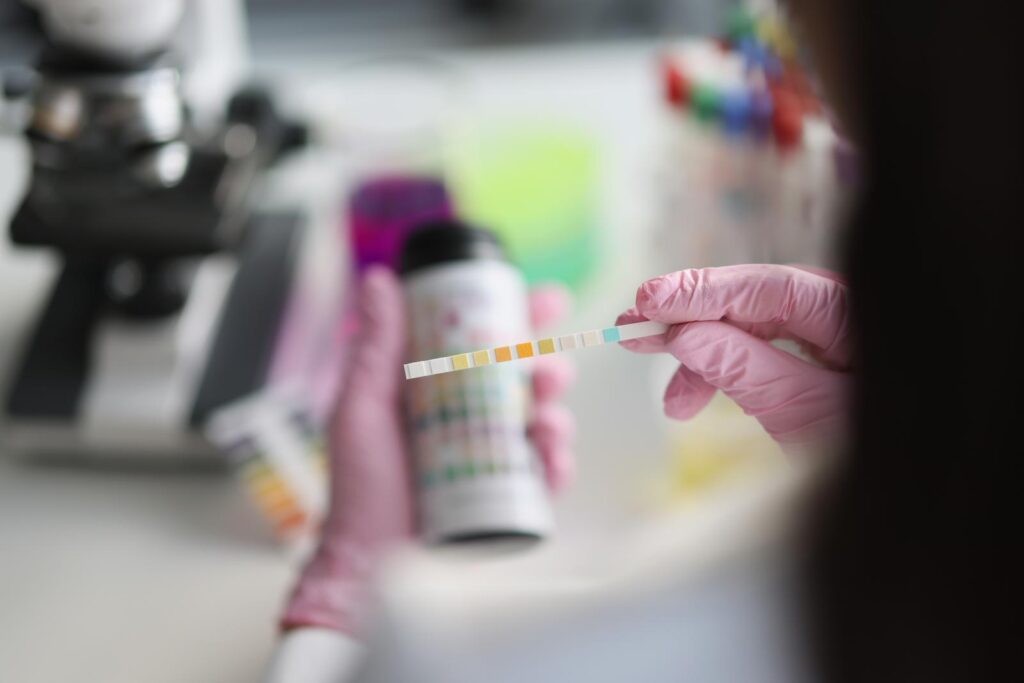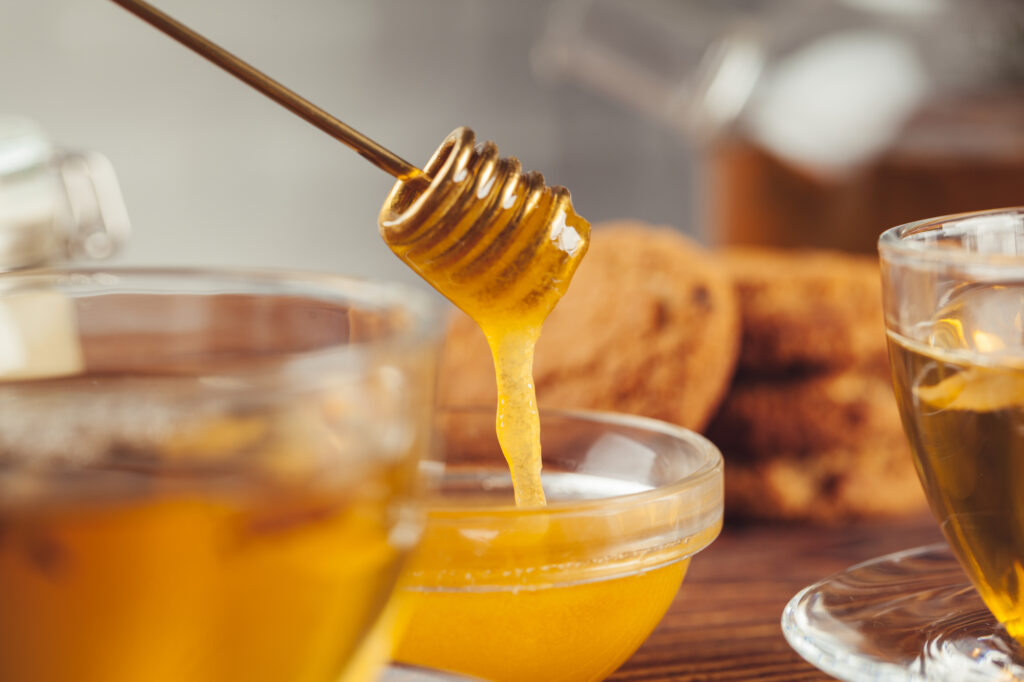Honey is one of nature’s best gifts which is produced by honey bees through the collection of nectar from flowers. It is rich in nutrients, vitamins, and antioxidants which are beneficial for us, not only that but it consists of antibacterial and antifungal properties which boost our immune system.
Honey has been used for a long time for various purposes, especially as a food. It is used in different ways like cooking, baking, side dish, dipping, sauces, and as a dressing over salads. But do we know how much honey should be consumed per day and if we overeat it, would it have any consequences? In the following article, we will discuss the benefits and health risks of consumption of honey every day.
The best time to have honey:
Following are the best time to consume honey:
The morning:
One of the best ways to start off your day is to have honey as a part of your breakfast as it provides you with instant energy and nutrients. It also helps you in improving your digestion and reduces inflammation.
Having honey pre or post-workout:
Instead of having sugars like chocolates, honey is a better and healthier option as it provides you with instant energy for your workout. Since it consists of vitamins and antioxidants, it helps in reducing inflammation and improves your recovery from the workout session. If taken as a post-workout snack, honey can help replenish glycogen stores.
Night time:
Having honey at night is beneficial as it consists of natural sugars which promotes sleep quality by elevating the blood sugar levels. As mentioned before, honey has antioxidants that help in cell repair and avoid any damage that may be caused by the presence of free radicals.
How can you have your honey?
- With a spoon: one of the best and let’s say, the original way of having honey is to take it with a spoon as it would control the amount of intake and you can also enjoy the natural flavor that it offers.
- Adding it to a beverage: here, we would like to mention that honey is often taken in combination of lemon tea in order to soothe sore throats and cough. Apart from that, you can add honey to any of your favorite beverages as a healthy substitute for sugar like coffee and smoothies. Honey would not only improve the taste of your drink but also add health benefits to it, however, you should remember that it should ideally be added to cold or warm drinks and not very hot ones as they may damage the honey.
- Cooking and baking: Honey can be used and have been used in cooking and baking and even used as a substitute for sugar. It adds a flavor to the prepared delicacies but one should remember that at very high temperatures, honey caramelizes.
How much honey should be consumed per day?
According to the American Heart Association, an average person should have about 2 tablespoons of honey per day. Talking in terms of calories, men should have no more than 150 calories of honey while women should not consume more than 100 calories. This is equivalent to almost 3 tablespoons for men and 2 tablespoons for women.
Keep in mind that consumption of honey also depends upon different factors such as the age of an individual and their overall health. Now athletes who keep their bodies active most of the time may require intake of higher amounts of honey than usual hence, you should consult your doctor whether how much honey intake would be ideal for you per day.
What could happen if honey is taken in excess?
Although honey has a lot of health benefits, it should still be taken in moderation as excess intake can have its own consequences. These could be as follows any of the following:
Elevation of blood sugar level:
Honey is rich in carbohydrates and sugar which means a large intake of honey is equal to a large intake of sugars. This ultimately results in an increase of blood sugar levels. For a diabetic person, it is especially not suggested to have a large sugar intake as one would observe an abnormal increase in the blood sugar levels.
Hypotension:
Hypotension is the decrease in blood pressure and honey has the capability to cause that. For high blood pressure patients it is quite ideal to control the blood pressure but it can also put one at risk for hypotension. This can possibly affect the heart functioning in the long run.
Gastrointestinal issues:
If you’re having constipation, honey can worsen the situation. And even if you don’t, due to the high fructose level, excessive honey can block you up. As the body is unable to digest the sugars present in honey, it can possibly lead to diarrhea and bloating.
Weight gain:
No doubt honey is a healthier alternative to the processed sugars that we use but then again, honey is also rich in calories, sugars and carbohydrates which can all contribute to the weight gain. Roughly speaking, 2 tablespoons of honey contain about 100 calories. If you’re looking out for your weight, you need to keep notice of your sugar and intake.
Dental problems:
Too much honey means too much sugar again, and this can promote dental caries. Now, what are dental caries? Dental caries is more commonly called dental cavities or tooth decay which can cause infection and pain and it may also result in the need for tooth extraction. Honey is highly viscous and sticky in nature which also acts as a contributing factor in tooth decay.
What sort of honey should be used?
If you want the best type of honey which consists of all the nutrient contents, vitamins, and enzymes, raw honey is the best choice for you. Raw honey is not pasteurized or processed in any way and is only strained to get rid of any wax or bee remains present, apart from that it consists of all the nutrients, vitamins, propolis, pollen and other beneficial compounds.
It is fresh but finding raw honey is not very easy to find. If you want raw honey, go for the labels and select the one that states “raw” and not the other ones. Other honey products may have been processed with pasteurization which does kill off any harmful bacteria present but many other beneficial compounds are also lost during the process.
The benefits:
Honey is one of nature’s finest products as it serves us humans with lots of benefits. It is used in cooking and baking as a healthier substitute for processed sugar and it is used for medicinal purposes too. It contains antioxidants, anti-bacterial properties, calcium, iron, vitamin C, and other nutrients that help the body in various ways and boosts the immune system which combats infections. Due to its benefits honey is recommended for its consumption but then again, in moderate amounts.
The Takeaway:
Honey is highly recommended for consumption in moderate amounts as high amounts can have its own consequences. No doubt there are many benefits of consumption of honey but it can be harmful as well as it has high sugar content, carbohydrates, and calories.
These can result in various problems that we have discussed above. Before you go buy your honey, make sure you’re getting the right one and we would suggest that you go for raw honey. Although difficult to find you can look for the label that says “raw” and add it to your diet. We have even added the best times for when you should take your honey.


